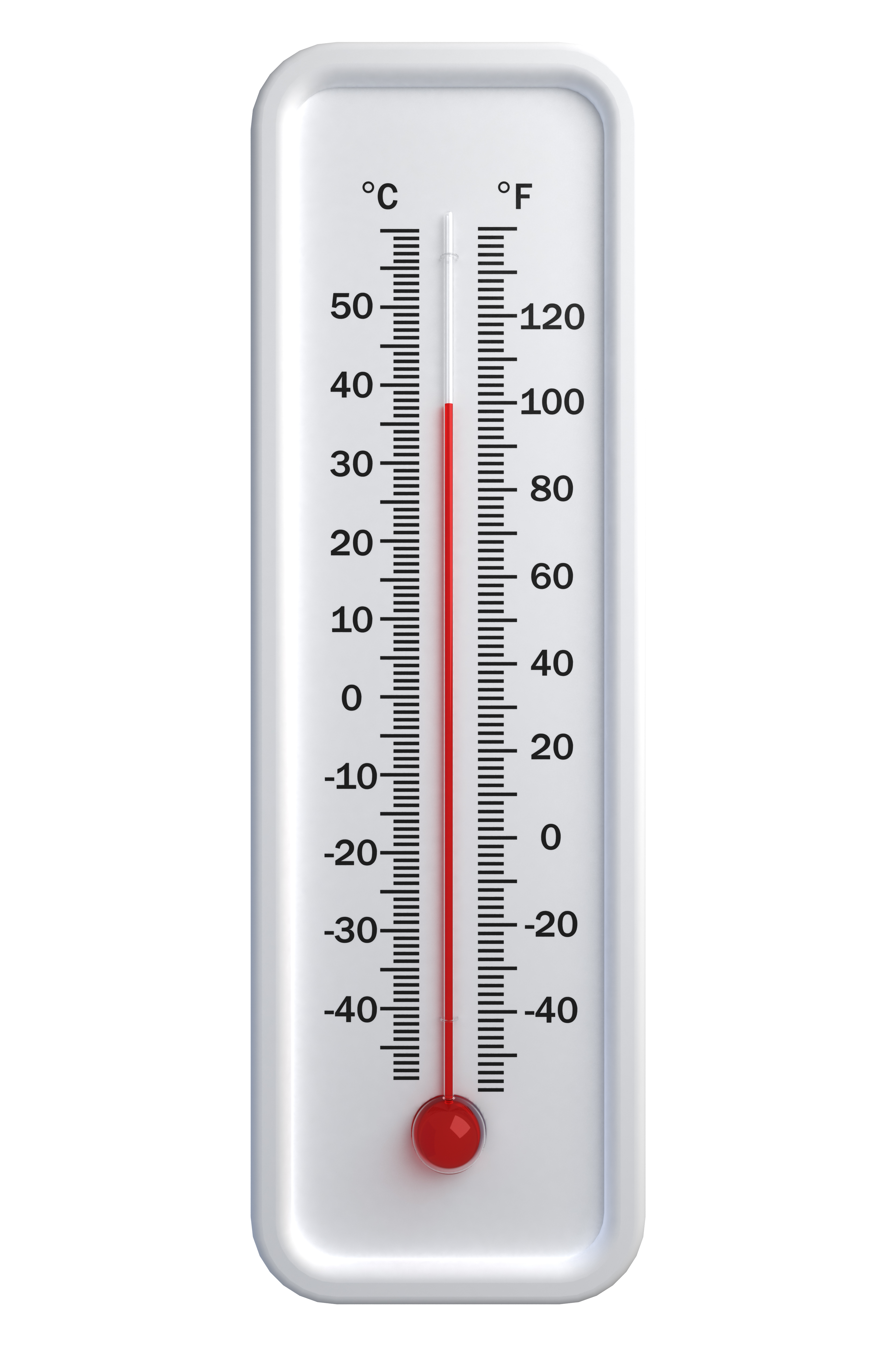 |
Mercury is and may always be one of the most dangerous and persistent hazardous contaminants in our environment. It is also one of the most prevalent as it can be found in air, soil, and water just about anywhere on earth thanks to its use in millions of products for decades before it was recognized and regulated as a toxic heavy metal.
In an attempt to stop mercury-containing devices from being landfilled or otherwise disposed of improperly, the EPA adopted universal waste regulations that streamline management and disposal (recycling) of mercury-containing equipment. This category of universal hazardous waste is defined in 40 CFR 273.9:
Unfortunately, use of mercury was so extensive in the past that many older “legacy” products and equipment still in use, but at or near the end of their useful lives, still contain mercury, unbeknownst to owners and operators. This lack of knowledge can cause mercury contamination and, in some cases, violations of state and federal laws since ignorance is no defense when it comes to waste regulations.
Join us for an in-depth webinar on December 16. Our presenter, a seasoned EHS veteran who has helped many companies evaluate their existing universal waste programs, will provide participants with strategies for assuring that their existing program is compliant and cost-effective.
Register Now
For example, one of the most common groups of legacy mercury-containing equipment is commercial electronic products used throughout offices, plants, labs, and other facilities. Some are unique to certain industries, while others exist almost everywhere. Following are some of the many legacy commercial electric products still in use that may contain mercury.
- Tilt switches
- Air flow/fan limit control
- Building security systems
- Chest freezer lids
- Fire alarm box switches
- Laptop computer screen shutoffs
- Pressure controls
- Silent light switches
- Temperature control (incubator/water bath thermometers)
- Maximum/minimum thermometers
- National Institute of Standards and Technology calibration thermometers
- Tapered bulb thermometers
- Devices utilizing a printed wire board (e.g., laptop computers)
- Energy production (coal-fired)
- Flow meters
- Generators
- Sequential multi-channel autoanalyzers
- Speedometer systems
- Sphygmomanometers
- Pressure gauges: (barometers, manometers, vacuum gauges)
- Reed relays
- Plunger or displacement relays
- DC watt hour meters (Duncan)
- Computer monitors
- Lead analyzer electrodes
- Cathode-ray oscilloscopes
This is just one category of possible legacy mercury-containing equipment, and the EPA provides additional categories at http://www.epa.gov/mercury/mgmt_options.html#industry, including consumer, medical, manufacturing, automotive, and construction products. These categories further exemplify how much mercury has been used in everyday products, many of which were not recycled, resulting in decades of environmental contamination and occasionally, human-health threats.
Learn the existing standards for universal waste management, including key regulations on the standards for small quantity handlers, large quantity handlers, transporters, and destination facilities , and much more during our in-depth webinar on December 16, 2013.
Register Now
As previously noted, management of mercury-containing equipment as universal waste is designed to be more lenient than the Resource Conservation and Recovery Act (RCRA) regulations for handling the same products as a hazardous waste, because the end goal is to recycle, rather than landfill, such equipment. However, even universal waste rules require attention to detail, such as labeling, training, recordkeeping, spill preparation, and other management practices.
It is also extremely important to understand state laws and regulations regarding universal wastes and mercury-containing equipment as they may be more stringent and/or have additional requirements or prohibitions. Many also offer programs to assist with universal wastes, such as lists of recyclers and other resources.
